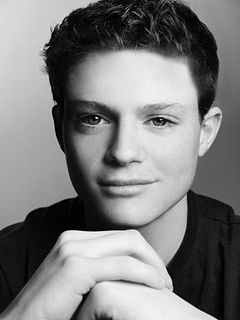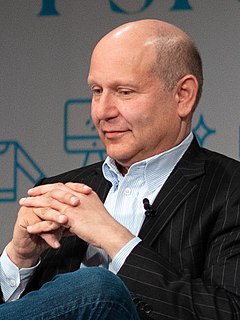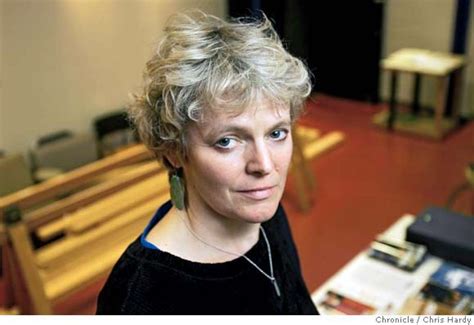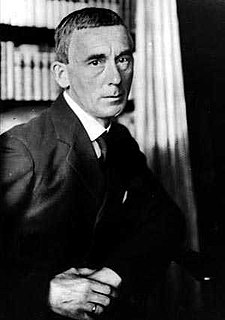A Quote by Camille Paglia
The visual is sorely undervalued in modern scholarship. Art history has attained only a fraction of the conceptual sophistication of literary criticism. Drunk with self-love, criticism has hugely overestimated the centrality of language to western culture. It has failed to see the electrifying sign language of images.
Related Quotes
I don't have a very high opinion, actually, of the world of criticism - or the practice of criticism. I think I admire art criticism, criticism of painting and sculpture, far more than I do that of say films and books, literary or film criticism. But I don't much like the practice. I think there are an awful lot of bad people in it.
First one gets works of art, then criticism of them, then criticism of the criticism, and, finally, a book on The Literary Situation , a book which tells you all about writers, critics, publishing, paperbacked books, the tendencies of the (literary) time, what sells and how much, what writers wear and drink and want, what their wives wear and drink and want, and so on.
That was one of the big problems in the [Black Panther] Party. Criticism and self-criticism were not encouraged, and the little that was given often wasn’t taken seriously. Constructive criticism and self-criticism are extremely important for any revolutionary organization. Without them, people tend to drown in their mistakes, not learn from them.
Self-criticism is not "love," and it is certainly not indifferent. It's a form of hatred. And when I name that, when I see it for what it is (raw and uncomfortable and saddening), when I refuse to sugar-coat self criticism, judgment, agitation, and constantly trying to improve myself, then I'm one quantum leap closer to freedom.
I write in order to understand the images. Being what my agent . . . somewhat ruefully calls a language playwright, is problematic because in production, you have to make the language lift off the page. But a good actor can turn it into human speech. I err sometimes toward having such a compound of images that if an actor lands heavily on each one, you never pull through to a larger idea. That's a problem for the audience. But I come to playwriting from the visual world - I used to be a painter. I also really love novels and that use of language. But it's tricky to ask that of the theatre.
My literary criticism has become less specifically academic. I was really writing literary history in The New Poetic, but my general practice of writing literary criticism is pretty much what it always has been. And there has always been a strong connection between being a writer - I feel as though I know what it feels like inside and I can say I've experienced similar problems and solutions from the inside. And I think that's a great advantage as a critic, because you know what the writer is feeling.



































